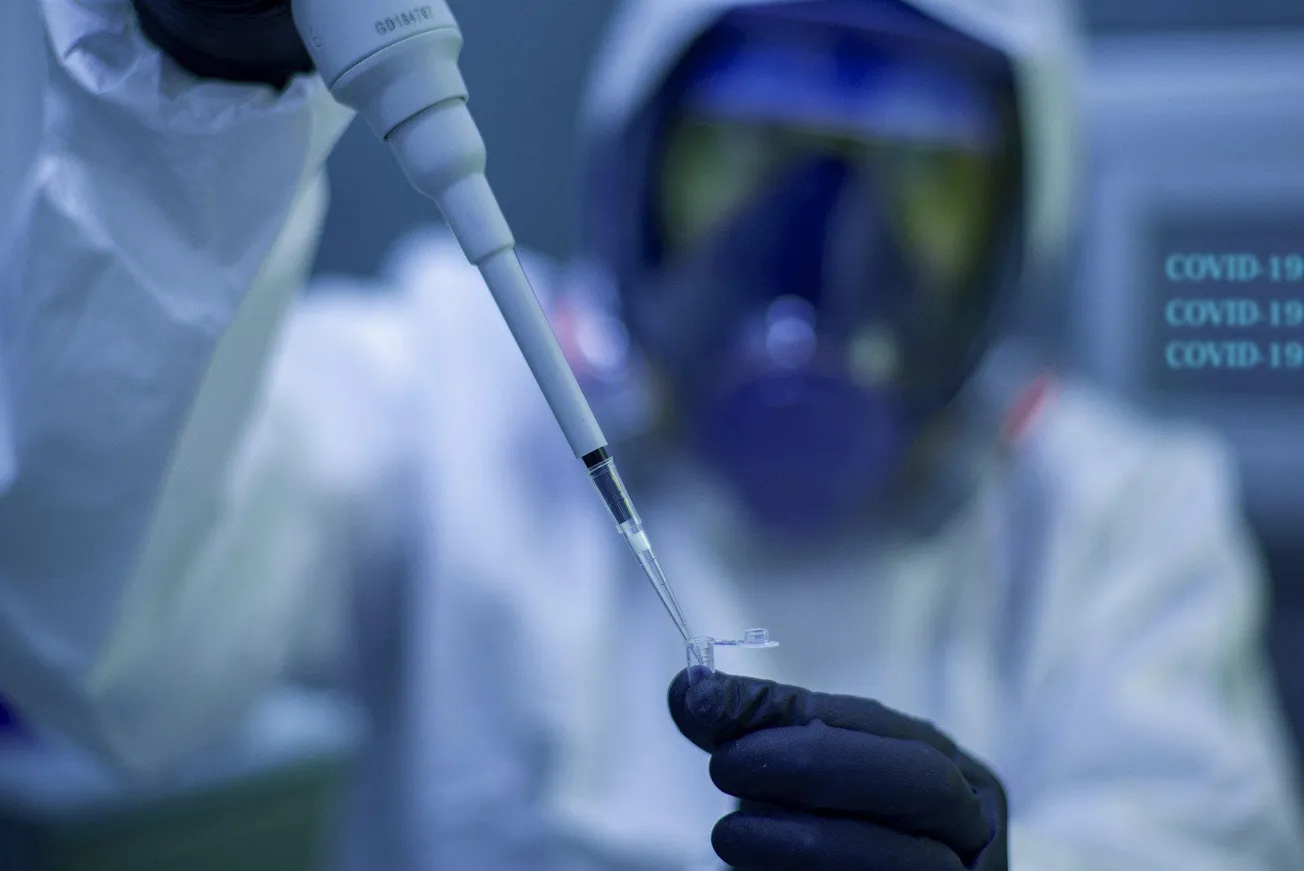Last October, South Africa and India called upon the World Trade Organization (WTO), in light of the pandemic, to loosen patent rights on Covid vaccines. India welcomed the US’s decision this week to support their call, after several weeks of diplomats from India and South Africa meeting with US lawmakers and officials. India’s ambassador to the US, Taranjit Singh Sandhu, said, “We appreciate the US administration’s announcement today of its support for waiver of IPR [intellectual property rights] for COVID-19 vaccines.” The European Union announced that they would support the US’s move.
The International Federation of Pharmaceutical Manufacturers (IFPMA), representing AstraZeneca, Bayer, Eli Lilly, La Roche, GlaxoSmithKline, Johnson & Johnson, Merck, and Pfizer, objected to the US change of heart, claiming that patent waivers “will not increase production nor provide practical solutions needed to battle this global health crisis. On the contrary, it is likely to lead to disruption.” While they claim that the better path is to eliminate trade barriers, address supply-chain bottlenecks, and get “rich countries to start sharing doses with poor countries,” South Africa’s WTO claim cites specific cases in which Big Pharma, over the years, has halted production of vaccines in India, South Korea, and elsewhere, over claims of patent infringement.
The reality is that the world needs a lot more production capacity of medicines and vaccines, and property rights of private companies are not well equipped to deal with a pandemic. Governments can wage a war against the coronavirus, and still make sure that private companies do not suffer in the wake of the mobilization. Russia’s “Sputnik V” model emphasizes the building up of vaccine production in other countries, with the necessary technology transfer. Some version of this is more likely now at the upcoming WTO negotiations.
Here’s the South Africa/India proposal: https://docs.wto.org/dol2fe/Pages/SS/directdoc.aspxfilename=q:/IP/C/W669.pdf&Open=True




